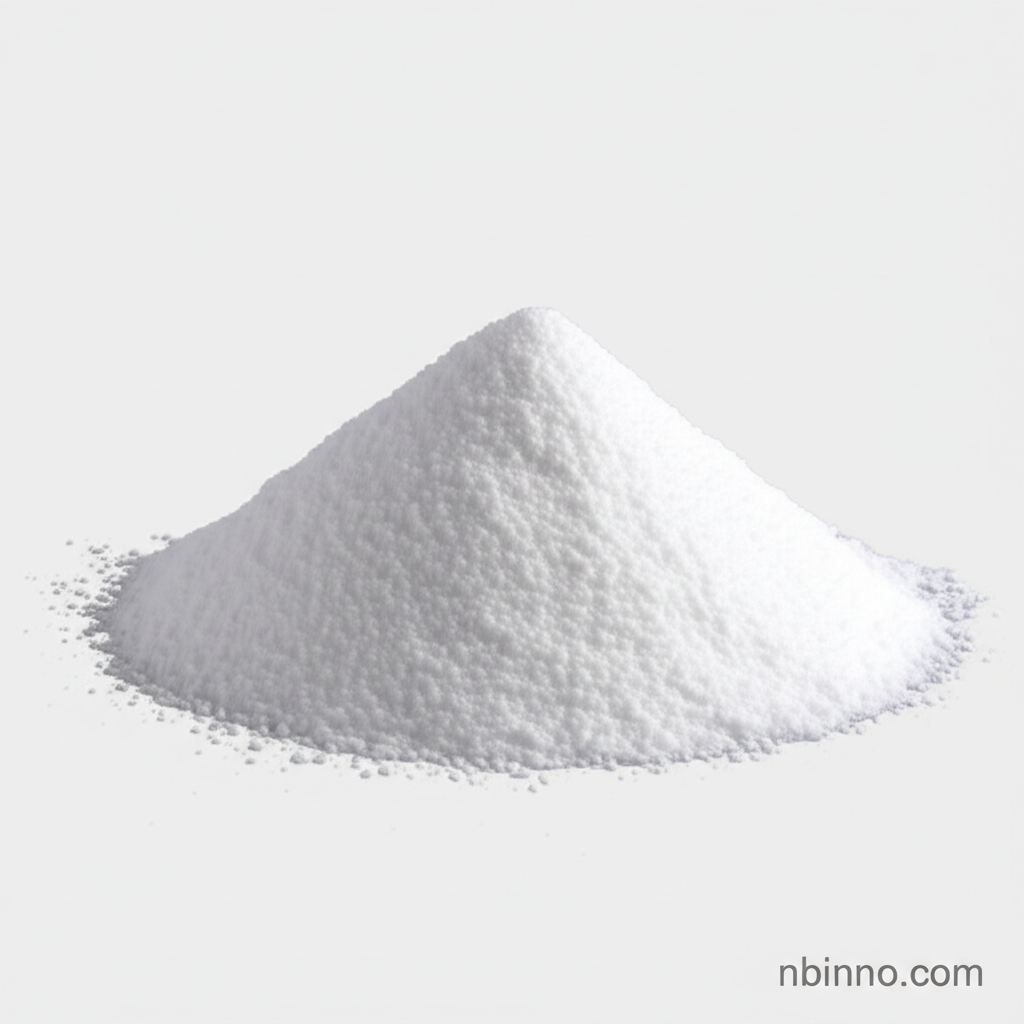High-Purity Stearic Acid: The Essential Lubricant and Stabilizer for PVC and Industrial Applications
Discover the critical role of stearic acid in enhancing PVC processing and various industrial applications. Learn why leading manufacturers trust its performance as a stabilizer and lubricant.
Get a Quote & SampleProduct Core Value

Stearic Acid
As a leading supplier in China, we offer high-quality stearic acid, a vital component for numerous industrial processes. Its exceptional properties make it indispensable in sectors ranging from plastics and rubber to textiles and cosmetics. We are a trusted manufacturer in China, providing consistent quality and reliable supply chains.
- As a critical PVC stabilizer, stearic acid enhances thermal stability, preventing degradation during high-temperature processing and ensuring the longevity of PVC products.
- Leverage the superior lubricity of stearic acid for optimized plastic processing, reducing friction and improving mold release for smoother manufacturing cycles.
- Explore the benefits of stearic acid as a versatile agent in rubber manufacturing, acting as a vulcanization activator, plasticizer, and softener to improve rubber elasticity and durability.
- Benefit from the cost-effectiveness and eco-friendly nature of stearic acid, making it a sustainable choice for various industrial formulations.
Advantages of Stearic Acid
Enhanced Processability
The inherent lubricating properties of stearic acid significantly improve the flow of polymer melts, leading to better mold filling and extrusion, a key aspect when considering plastic processing.
Improved Thermal Stability
Stearic acid acts as an effective heat stabilizer, protecting materials like PVC from thermal degradation, which is crucial for maintaining product integrity and performance, especially in demanding PVC applications.
Versatile Application Range
From serving as a softener in the textile industry to an emulsifier in cosmetics, stearic acid's broad applicability makes it a valuable asset across multiple sectors, reflecting its importance as an industrial chemical.
Key Applications
Plastics Industry
Used as a heat stabilizer, lubricant, and mold release agent in PVC production, contributing to better processing and product quality, a common use for PVC additives.
Rubber Industry
Functions as a vulcanization activator and softener, enhancing the elasticity and durability of rubber products, crucial for rubber manufacturing.
Cosmetics and Personal Care
Acts as an emollient, thickener, and emulsifier in creams, lotions, and soaps, providing desirable textures and stability.
Paper and Textile Industries
Serves as a sizing agent, softener, and waterproofing agent, improving the quality and feel of paper and textile products.
